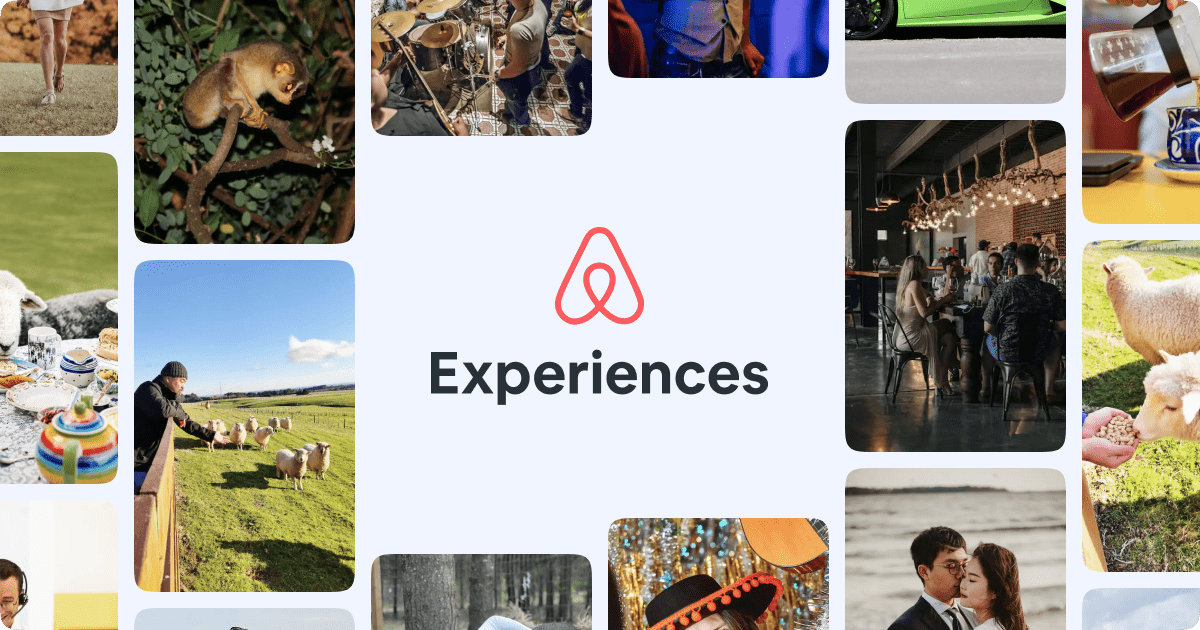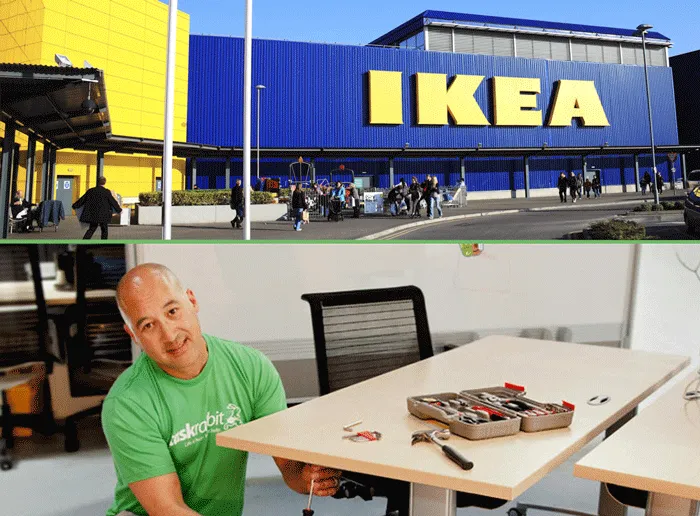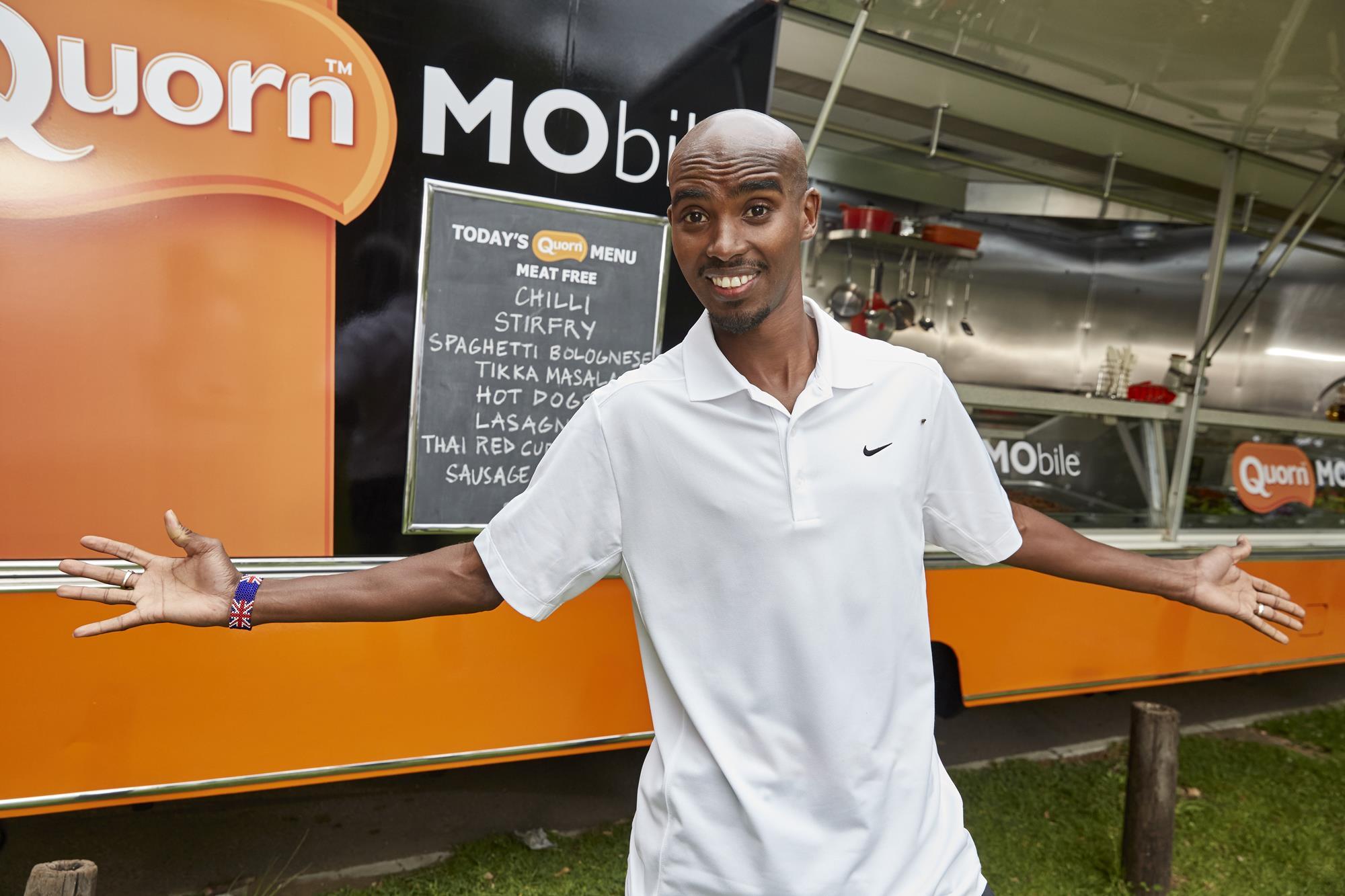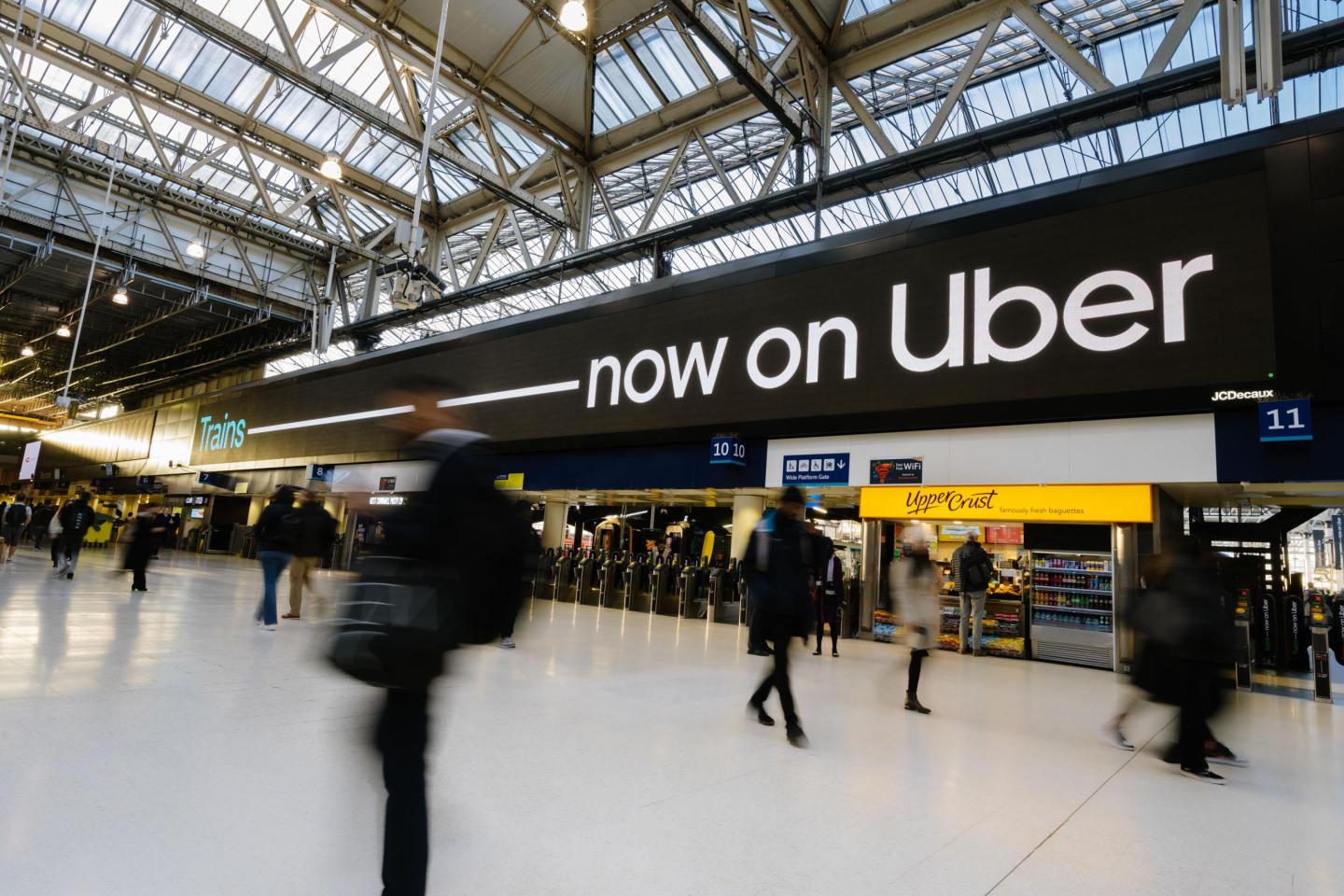Airbnb is in the business of travel, not just accommodation. In 2016 it launched the ‘experiences’ feature, which allows guests to book everything from local tours to restaurants.
Redefining the category
Categories are artificial creations, and they can be re-shaped for success.
James Dyson doesn’t talk about household appliances to describe his products – he talks about solving problems others seem to ignore. This has given him licence to expand into a range of categories beyond vacuum cleaners, most notably hair dryers.
Although we think of Ikea as a furniture seller, it’s mission is much broader: to create a better everyday life for the many. Need a helping hand with odd jobs round the house? Ikea acquired TaskRabbit in 2017. Need affordable financial services? Ikea acquired Ikano Bank in 2024.
Quorn initially targeted their products at vegetarians and vegans. After all, who else would want to buy plant-based meals? But they soon discovered that these meals also appealed to health conscious non-vegans. This insight led Quorn to rebrand as a ‘healthy food’ company, famously partnering with openly meat-eating Mo Farah, and helped them massively expand their buyer base (and sales).
We might associate Spotify with music, but the company describes itself as a “seamless one-stop destination for all things audio.” This has given it licence to expand into podcasts and audiobooks, both of which are growing at double digits YoY.
Uber could have easily resorted to defining themselves as a taxi service. But they never wanted to limit themselves to moving people around in cars: Uber exists to “reimagine the way the world moves for the better.” This has given Uber a credible platform to provide services as varied as food delivery (Uber Eats), healthcare (Uber Health) and, more recently, travel services.






